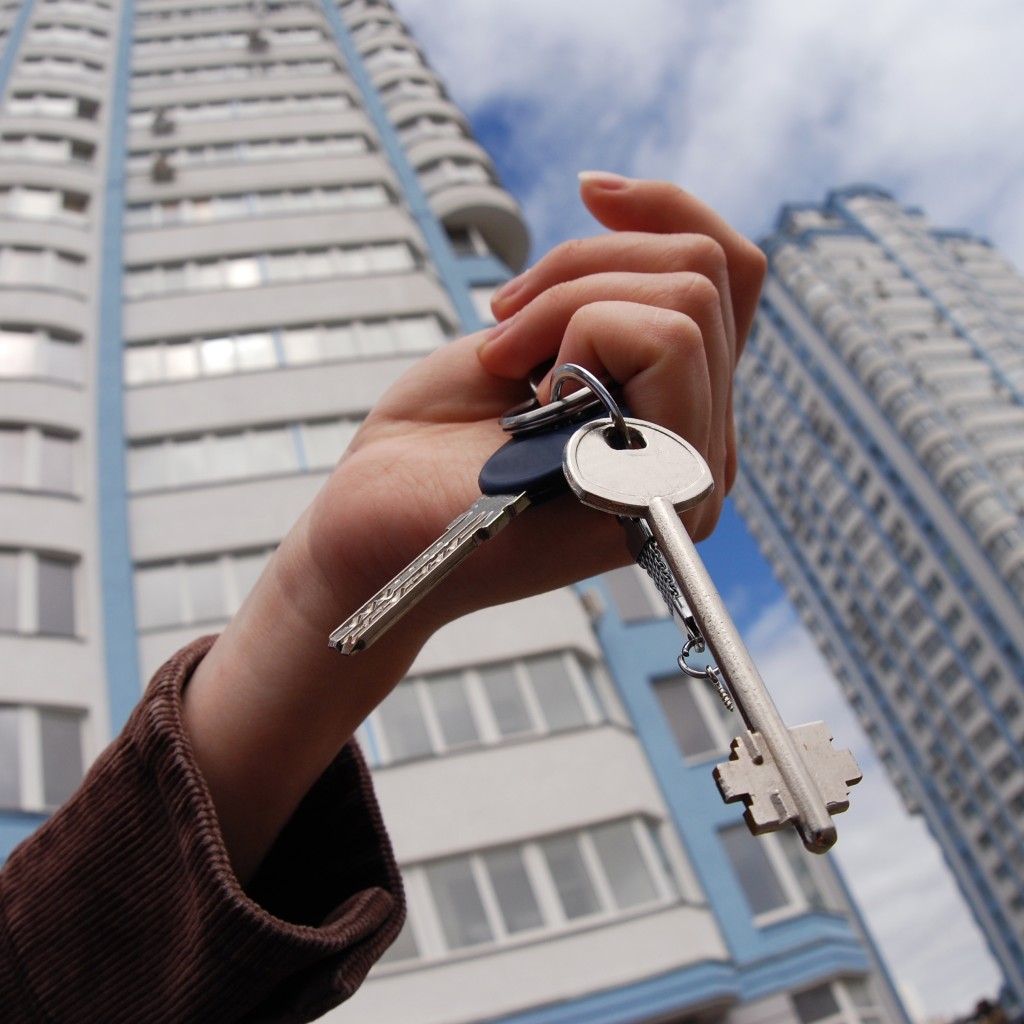Key Legal Issues in Renting out Condominium in Thailand
According to Thailand CBRE Report, the total number of condominiums in Bangkok as of the third quarter of 2016 was approximately 561,000 units, many of which were bought by local Thais and expatriates for investment and rental purposes. Today, we highlight below certain key legal issues that a condominium owner should be aware of before proceeding with the renting out Condominium units in Thailand.
Daily or Weekly Lease
Due to the definition of the term “hotel” under Thai law, daily or weekly rent-out of condominium units in Thailand cannot legally be done without a hotel license. In addition, it is relatively common nowadays for the articles of association of many condominiums in Thailand to expressly impose prohibitions on the daily or weekly rent-out of units in those condominiums. Monthly rent-out however can be made without having to obtain any hotel license because it does not fall foul of the hotel laws in Thailand.
Written Agreement
Under Thai laws, lease agreements relating to real estate (e.g. condominium units, plots of land, buildings) must be made in writing and signed by the party against whom such lease agreements may be enforced. It is therefore advisable to have a lease agreement prepared and signed by both parties. In addition, if the rental is intended for a period of more than 3 years, it needs to be registered with the competent land office otherwise it will be enforceable for only 3 years.
Penalty on Late Payment
It is common for a lease agreement to provide for a daily penalty in cases of non-payment of rents by the lessee. Under Thai law, however, Thai courts have discretion to reduce the amount of penalty if the amount is unreasonably high. Therefore, in specifying the amount of daily penalty, it is essential to come up with a reasonable figure of penalty, some samples of reasonable amounts could include the amount of rents the lessor could have expected to earn daily if they manage to rent out such place at that time.
Sale of Leased Property
Under Thai laws, the sale of leased property does not affect the continuity and validity of the lease agreement in respect of such leased property. Therefore, if the lessor sells the condominium unit during the lease period, the lessee can continue to live and use such condominium unit and the transferee of the condominium will be bound by such lease agreement towards the lessee.
Lock-up upon Lease Expiry or Termination
Upon the expiry or termination of the rental period under the lease agreement, it is prudent to insert a clause to the effect that if, upon such expiry or termination for whatever reason, the lessee does not vacate the rented condominium, the lessor would have the right to lock up the condominium unit or change the lockset and remove the belongings of the lessee. In the absence of this clause, if the lessor enters the condominium unit at their own will, the lessor could, based upon several Thai court precedents, be considered as committing a trespassing offense notwithstanding the fact that the condominium is legally owned by the lessor.
This article is written as a general guide only and hopefully it will be useful for those condominium owners in Thailand who wish to rent out their units. It does not contain definitive legal advice and should not be regarded or relied upon as such. For more information, please do not hesitate to drop us a message to know how we can assist you in this matter. SBC Interlaw is an international law firm with significant experience in real estate in Thailand and our teams of lawyers are committed to ensure the best quality customer services for you.
Sources
The Civil and Commercial Code of Thailand

